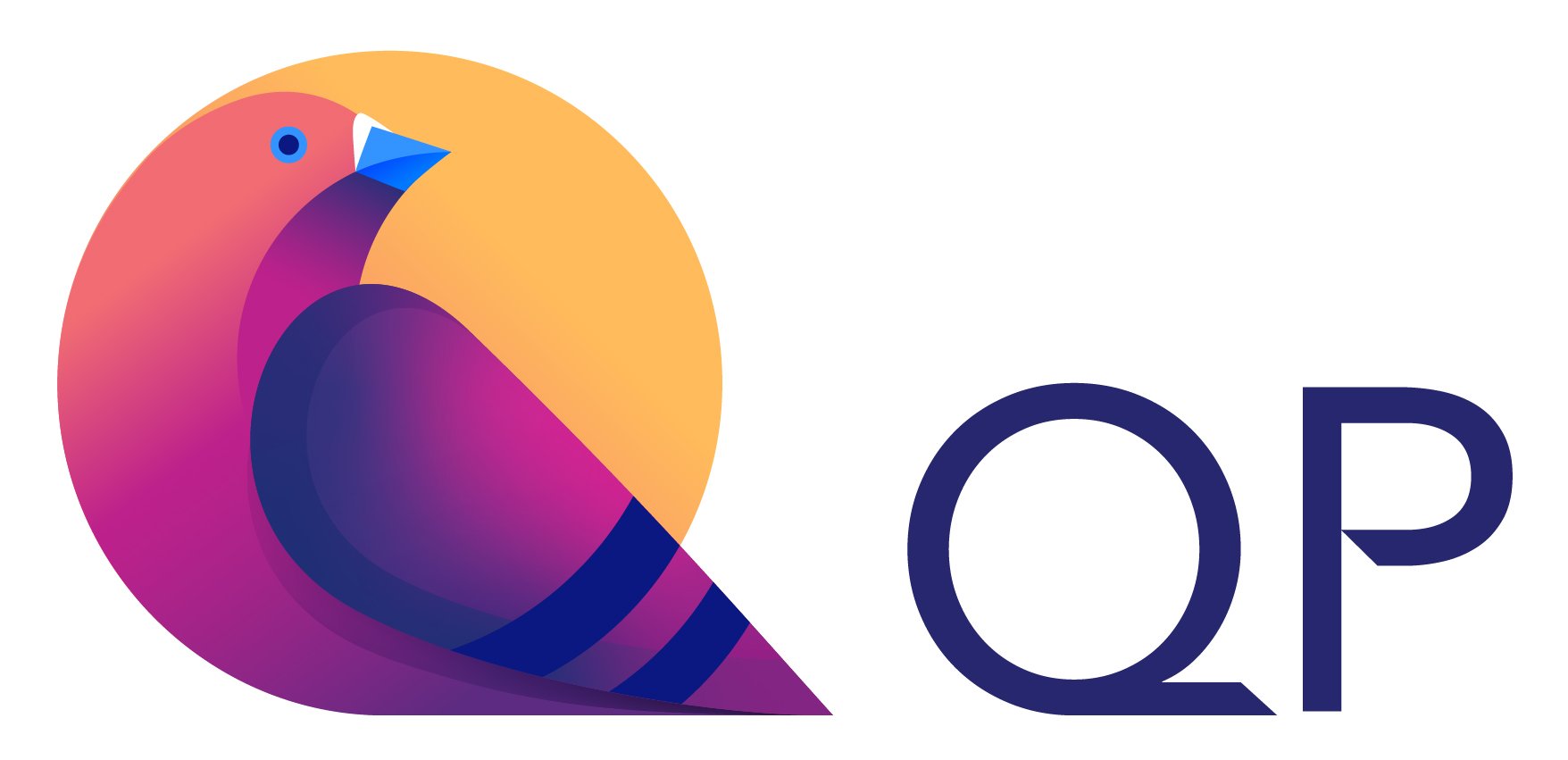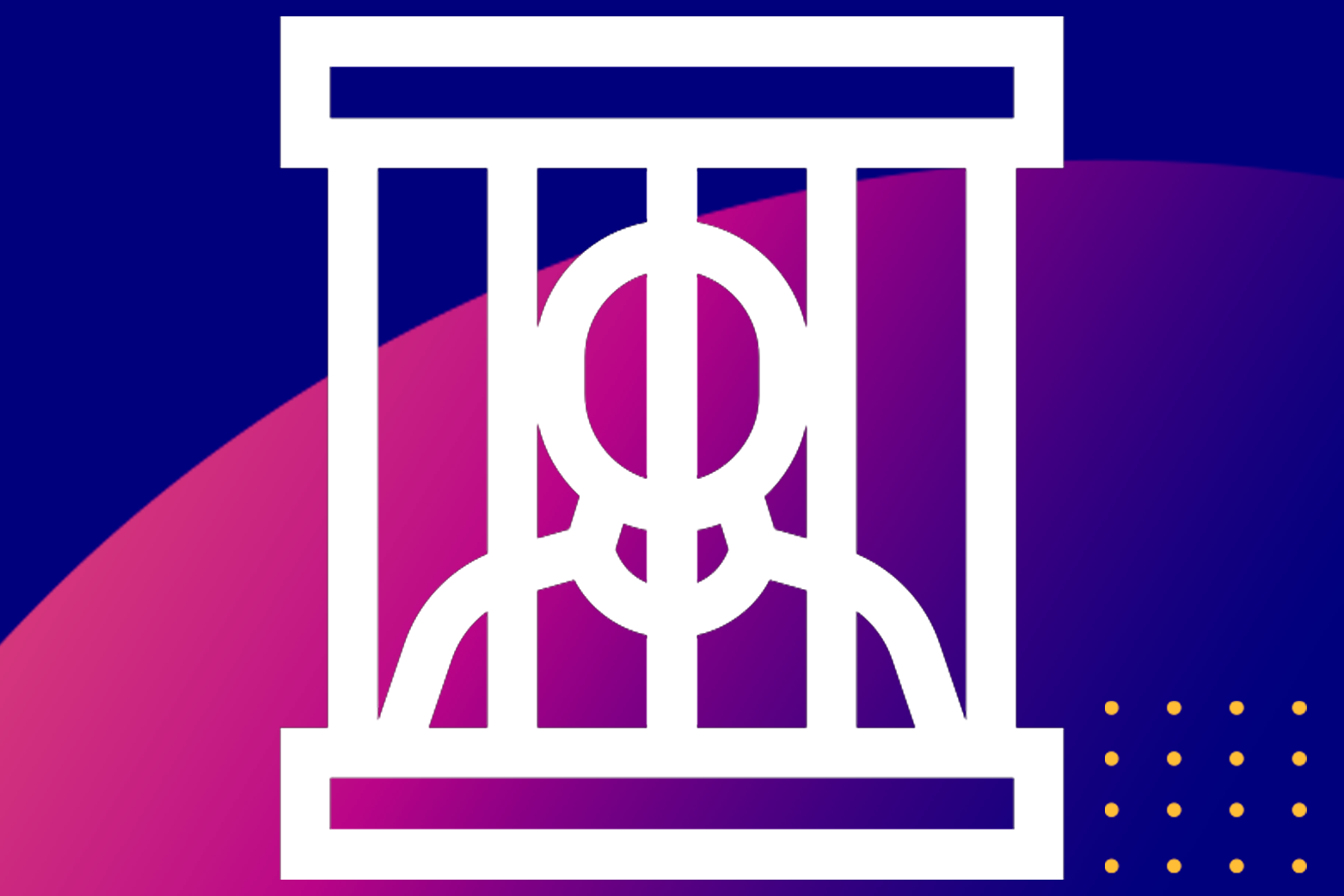Study after podcast after coffee-table book after impassioned blog post have all told us the same thing: social media makes us angry. It’s not always clear why - we could be deluged and overwhelmed with stimulation, or maybe society is just more charged and partisan - but a popular explanation among psychologists is the concept of anonymity: when there is no social connection between the participants in an argument, it’s easy to go off the rails.
The most famous, if disturbing, example of anonymity leading to horrendous behavior was the Stanford Prison Experiment. Long story short, a group of students were divided into Prisoners and Guards, and encouraged to act out their roles to their greatest extent. Guards were dressed in uniforms with dark glasses, prisoners were dressed in smocks with chains locked to their ankles, and each side was pushed to stop viewing the other as individuals.
Suffice to say that within a week, it turned out that people who had effectively de-humanized those around them, and had the protection of anonymity, ended up in a very dark place. The experiment was closed down, ahead of schedule, on Day 6, when every outside observer involved insisted that it was becoming dangerous.
Anonymity provided the cover to act cruelly, inhumanely, and wildly out of character.
But an element that is often underplayed is this: the guards did not create their cruelty out of whole cloth. Rather, the study designers built the environment deliberately: they had the guards strip, delouse, and humiliate prisoners on the way in; they created the rules that drove the prisoners to rebel, and the guards to retaliate by withholding food and forcing inmates to act out humiliating punishments. While we can’t know (without repeating the experiment, which, well, no) whether the participants acting as guards would have abandoned their humanity under a different set of circumstances, all digital signs suggest a pretty similar outcome is likely.
When we look at today’s ‘free’ social media, there are some disturbing echoes of the Stanford Prison Experiment design. As the platforms shifted their focus from connecting actual offline friends to driving ad-consuming eyeballs to as much content as possible, there emerged a pretty strict distinction between ‘creators’ and ‘consumers’: yes, you can follow Kim Kardashian, or even be her online ‘Friend’, but whatever words you use to describe it, you’ve actually just signed up to consume content that is nominally created by her. The KK you are connected to is an avatar, and she, honestly, has no idea who you are or that you’re even out there.
Want to know how that distinction, which drives a fully anonymous link between creator and consumer, impacts the way people treat one another? Simply go to the comment section and judge for yourself. Consumers are utterly unconstrained by any social conventions against being directly insulting, hateful, or even threatening. Creators will, from time to time, switch off their channels, unable and/or unwilling to sustain the abuse, but nothing really changes, because nobody feels the sting of a true human interaction.
That anonymity, and the sense of invulnerability it gives users, was quickly picked up by ad-hungry algorithms, which recognized that users would stick around longer to participate (on one side or the other) in what can only be called abusive anonymous conversations. This works particularly well around politics, where extreme views can be laid out with impunity - driving other users to push their own views further in the other direction.
The result of this anonymity is to create potentially psychologically harmful virtual spaces. Ironically even creators delivering relatively lighthearted or straight-up funny content can find themselves with trolls and haters in their comments sections and DMs: the social cost of being abusive on a free social platform is near nil.
This is why social access is so important to the development of social media. When everyone who is communicating has an actual, authentic connection, social conventions slip back into place: abusive individuals can be ejected from the group, and those subject to abuse can decline contact with their tormentors - just as happens in real life. This allows creators to be their authentic selves, and consumers to become partners in the development of online communities that are truly social.
At QP, the absence of an ad-hungry algorithm means that literally no player in the ecosystem has a vested interest in creating manufactured controversy. Seriously, it’s time to put away the anger, and focus on communicating, sharing, and making the world just a little lighter of a place to be.


